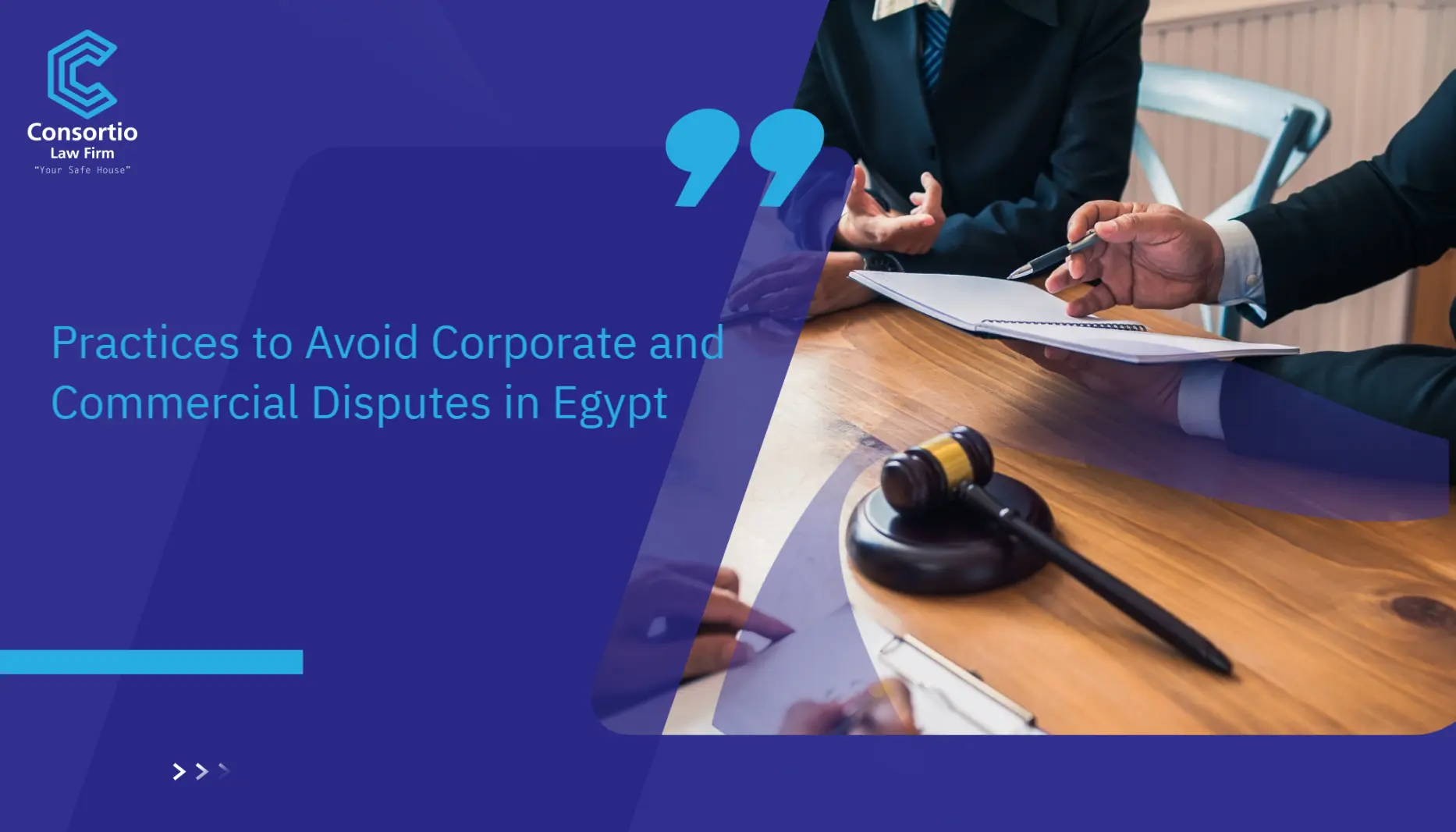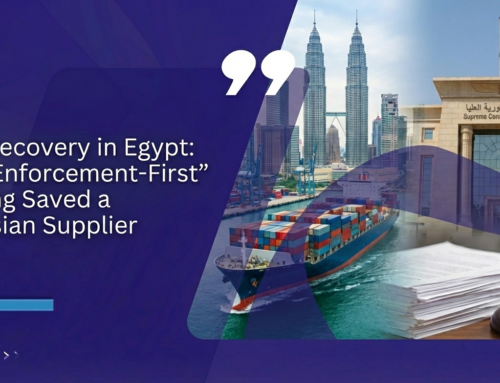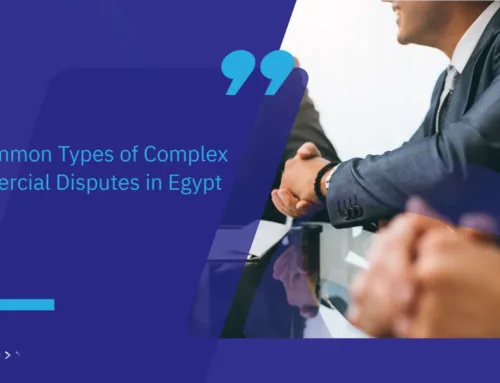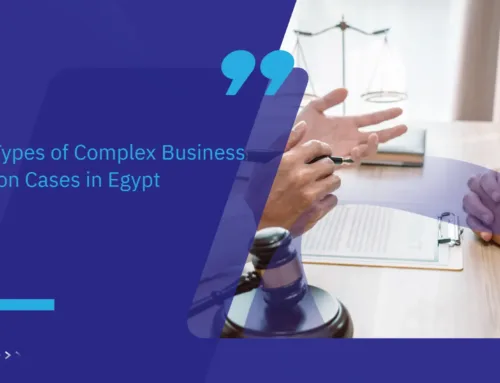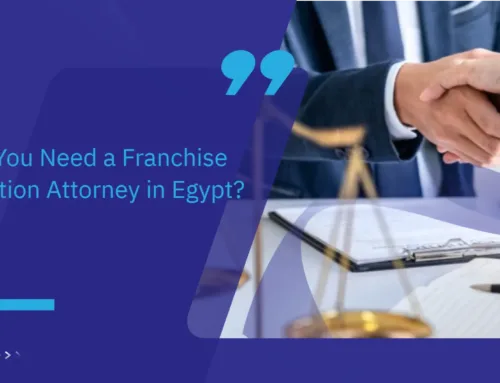In a thriving economy like Egypt’s, where innovation meets ambition, Corporate and commercial disputes are inevitable, but they don’t have to be setbacks. For forward-thinking businesses, these disputes present a chance to reassess strategies, reinforce legal foundations and emerge stronger than before. Whether you’re a startup, a seasoned corporation or an investor, mastering this terrain can give you the competitive edge to move forward with confidence.
Causes of Corporate and commercial disputes in Egypt
Corporate and commercial disputes in Egypt are common in a dynamic and evolving business environment. These disputes often arise from various reasons include:
-
Shareholder and Corporate Governance Disputes
Disagreements often arise within companies due to:
- Profit distribution disputes.
- Lack of transparency or access to company records.
- Misuse of company funds by directors.
- Minority shareholder oppression.
- Breaches of shareholder agreements.
Disputes are especially common in closely held companies and family businesses, where roles and expectations may not be clearly defined.
-
Joint Venture and Partnership Disputes
Joint ventures are common in Egypt, particularly between local and foreign partners. Disputes often stem from:
- Unequal contribution or effort.
- Disagreements over decision-making or control.
- Breach of non-compete clauses.
- Poor exit strategy planning.
Without well-drafted joint venture agreements, these disputes often end up in arbitration or court.
-
Regulatory and Licensing Issues
commercial disputes may arise when:
- A business fails to comply with local laws or licensing requirements.
- Regulatory agencies impose sanctions or revoke licenses.
- Disagreements arise with authorities over permits, taxes or customs duties.
Egypt’s regulatory environment can be complex, especially for foreign investors.
-
Labor and Employment Disputes
These include:
- Wrongful termination claims.
- Disputes over salaries, bonuses, or severance.
- Allegations of discrimination or unfair treatment.
The Egyptian Employment Law (No. 12/2003) governs employment relations, and many disputes are resolved before labor courts.
-
Real Estate and Construction Disputes
These are significant in Egypt due to the large real estate sector. Typical causes include:
- Disagreements over land ownership or title.
- Breach of construction contracts.
- Delays or defects in construction.
- Disputes over lease agreements.
Administrative challenges such as land registration and zoning also play a role.
-
Intellectual Property (IP) Conflicts
IP disputes in Egypt often involve:
- Trademark infringement.
- Counterfeit goods.
- Trade secret violations.
- Unlicensed use of copyrighted materials.
Though Egypt is a party to major IP conventions (like TRIPS), enforcement can be inconsistent.
-
Ambiguous or Poorly Drafted Contracts
Many disputes arise from:
- Unclear terms and conditions.
- Missing dispute resolution clauses.
- Vague payment or delivery schedules.
Poor contract drafting is a significant issue, particularly in SME and startup sectors.
-
Corruption and Informal Practices
In some sectors, informal business practices (connections) can create:
- Unfair competition.
- Disputes over procurement.
- Disagreements involving public contracts.
While anti-corruption measures exist, enforcement can be weak.
Hence, identifying and understanding the key causes of these disputes is essential for businesses in Egypt to navigate legal risks and operate effectively within the local legal framework.
Best Practices for Avoiding Corporate and commercial disputes in Egypt
To minimize the risk of corporate and commercial disputes in Egypt, businesses must take proactive steps aligned with the country’s legal and regulatory environment.
Below are key best practices to help avoid disputes and ensure business continuity in Egypt:
- Draft clear and enforceable contracts with precise obligations, timelines, penalties and exit mechanisms.
- Include dispute resolution clauses (e.g. arbitration via CRCICA or mediation).
- Comply with all local laws (commercial, tax, labor, investment, etc.).
- Conduct due diligence on partners, agents and suppliers.
- Maintain transparent corporate governance and decision-making processes.
- Keep written records of all business dealings and communications.
- Register and protect intellectual property rights proactively.
- Avoid corrupt practices (e.g., bribes, wasta, informal favors).
- Train staff on legal obligations and ethical standards.
- Engage local legal experts to navigate Egypt’s civil, commercial and administrative judicial systems effectively.
By adopting these practical safeguards, from clear contracting to effective governance, companies can reduce misunderstandings, improve compliance and strengthen their position in case of conflict.
With the right legal insight and proactive resolution methods, what begins as a conflict can become a catalyst for growth, resilience and competitive advantage in one of the region’s most promising markets.
At “Consortio Law Firm”, we are a leading legal firm in Egypt that specialized in corporate and commercial law, with a strong focus on dispute prevention and resolution, ensuring smooth, compliant operations in a complex legal environment.
We help businesses navigate the Egyptian legal system by offering proactive legal advice, drafting precise contracts, ensuring regulatory compliance and implementing tailored risk management strategies to avoid costly disputes.
Ready to turn challenges into catalysts?
Contact us Today and schedule your consultation via:
Phone number: 002-01028806061.
Via: WhatsApp.
Email: Info@consortiolawfirm.com.
“Before you commit to a lawsuit, understand the actual timeline and execution risks in our detailed guide to Commercial Litigation in Egypt.”
FAQ’s
-
What is the main legal framework governing Corporate and commercial disputes in Egypt?
Corporate and commercial disputes are mainly governed by the Egyptian Civil Code, Commercial Code and the Companies Law (Law No. 159/1981).
-
Can foreign companies sue or be sued in Egypt?
Yes, foreign companies can initiate or be subject to litigation in Egypt under Egyptian law.
-
Are court judgments enforceable in Egypt?
Yes, local court judgments are enforceable. Foreign judgments require a recognition process under Egyptian law.
-
Can parties choose foreign law to govern their contract?
Yes, for international contracts, parties may choose foreign law, but Egyptian courts may override it if it conflicts with public policy.
